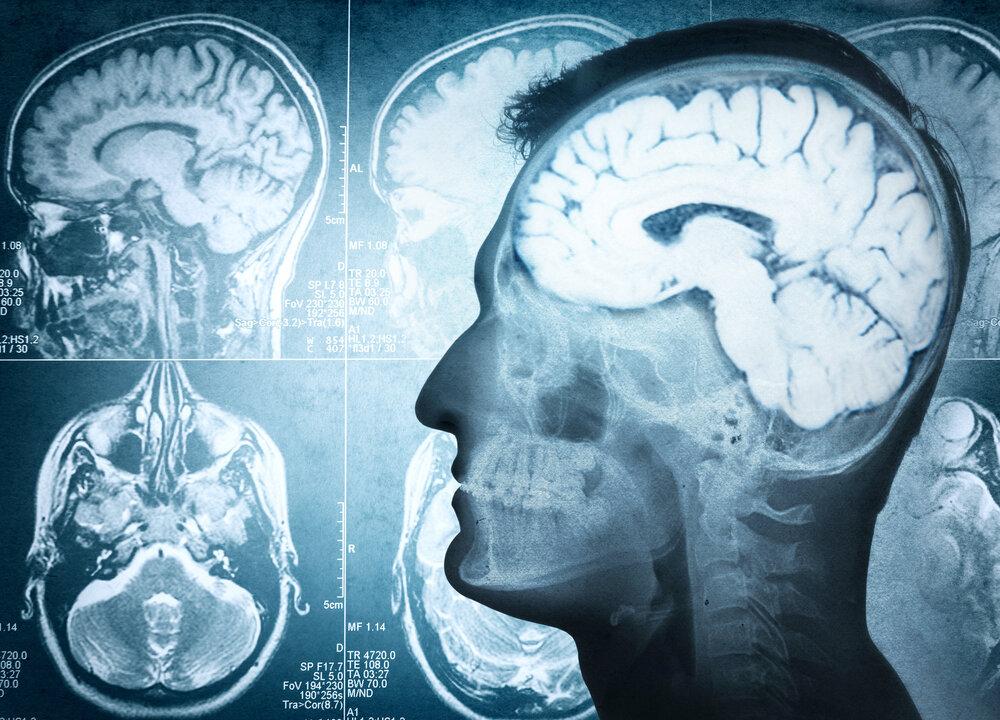Many people who have recovered from COVID-19 still have varying degrees of symptoms, including “brain fog,” forgetfulness, trouble focusing, and slow reaction time. Huang Shumin, a Taiwanese dietitian at Nantou Hospital, Ministry of Health and Welfare, recommends eating more of the following foods to help restore brain health.
1. Fish
Fish such as mackerel, salmon, and saury are rich in fatty acids, DHA (docosahexaenoic acid) and EPA (eicosapentaenoic acid). These elements are very important for the functioning of the brain. The human body cannot synthesize DHA and EPA on its own. These fatty acids have the effect of activating the brain, enhancing memory and concentration, and preventing dementia.
2. Nuts
Walnuts, almonds, cashews, etc. are also rich in linolenic acid to help produce EPA and DHA. In addition, nuts are rich in a variety of vitamins, such as vitamin E, B1, B2, and B6, which have antioxidant properties. They prevent brain aging, as well as help digestion, improve skin, alleviate insomnia, lower blood pressure, protect blood vessels, and other health benefits.
3. Berries
Berries contain a lot of vitamin C, which brain cells need to synthesize acetylcholine, the neurotransmitter responsible for memory. Cranberries are rich in antioxidants, which can reduce free radical damage and delay aging.
4. Mushrooms
Mushrooms have a unique antioxidant that can protect the brain. Studies have found that the more mushrooms you eat, the better your performance on a critical thinking test, and a reduction in the incidence of mild cognitive impairment.
In addition, mushrooms are rich in dietary fiber, B group vitamins, and minerals, which enhance immunity, prevent cancer, lower cholesterol, and delay brain degeneration.
5. Shellfish
Shellfish are rich in zinc, which is found in the highest concentration in the brain compared to other organs in the human body. It is essential for nerve function, assisting nerve growth, promoting wound healing, and enhancing memory. It has also been proven to stimulate protein production and brain cell growth.
6. Soybean
Soybean is rich in protein and also contains more than a dozen amino acids, including 9 essential amino acids that the human body cannot produce. Soybeans are also rich in lecithin. Lecithin is converted in the body to acetylcholine, one of the essential neurotransmitters in the brain required for the successful functioning of memory and cognitive abilities. The proteins in soy can increase the excitation and inhibition functions of the cerebral cortex and help relieve frustration and depression. Therefore, eating more soy foods, such as soy milk, tofu, yuba, fresh soybeans and dried soybeans, can help restore and enhance brain function.
7. Vegetables
Green leafy vegetables are rich in vitamin E and folic acid. Vitamin E can delay brain aging, and folic acid has a role in improving memory. Tomatoes, squash, and carrots are rich in antioxidants that can help maintain your brain vitality. Cauliflower and broccoli contain choline, a precursor to the neurotransmitter acetylcholine that is responsible for the excitability of brain cells and improvement of cognitive function and memory.
8. Brown rice
The nutritional value of brown rice is much greater than that of white rice. Brown rice contains a variety of vitamins, such as vitamin B2, B3, and B6, which are essential for improving the cognitive ability of the brain. The protein and calcium in brown rice can enhance memory and restore brain function.
In addition, the inositol in brown rice can balance mental conditions and the neurotransmitter aminobutyric acid contained in sprouted brown rice has a calming effect on anxiety, stress, and fear.
Yang Guiyuan, a former Medical Ph.D. from Guangzhou First Military Medical University, who now lives in Japan, believes that in addition to eating some foods that help the brain, we must maintain an optimistic mood and good daily routines so that the body and the brain can function in balance and dissipate brain fog sooner.






Friends Read Free